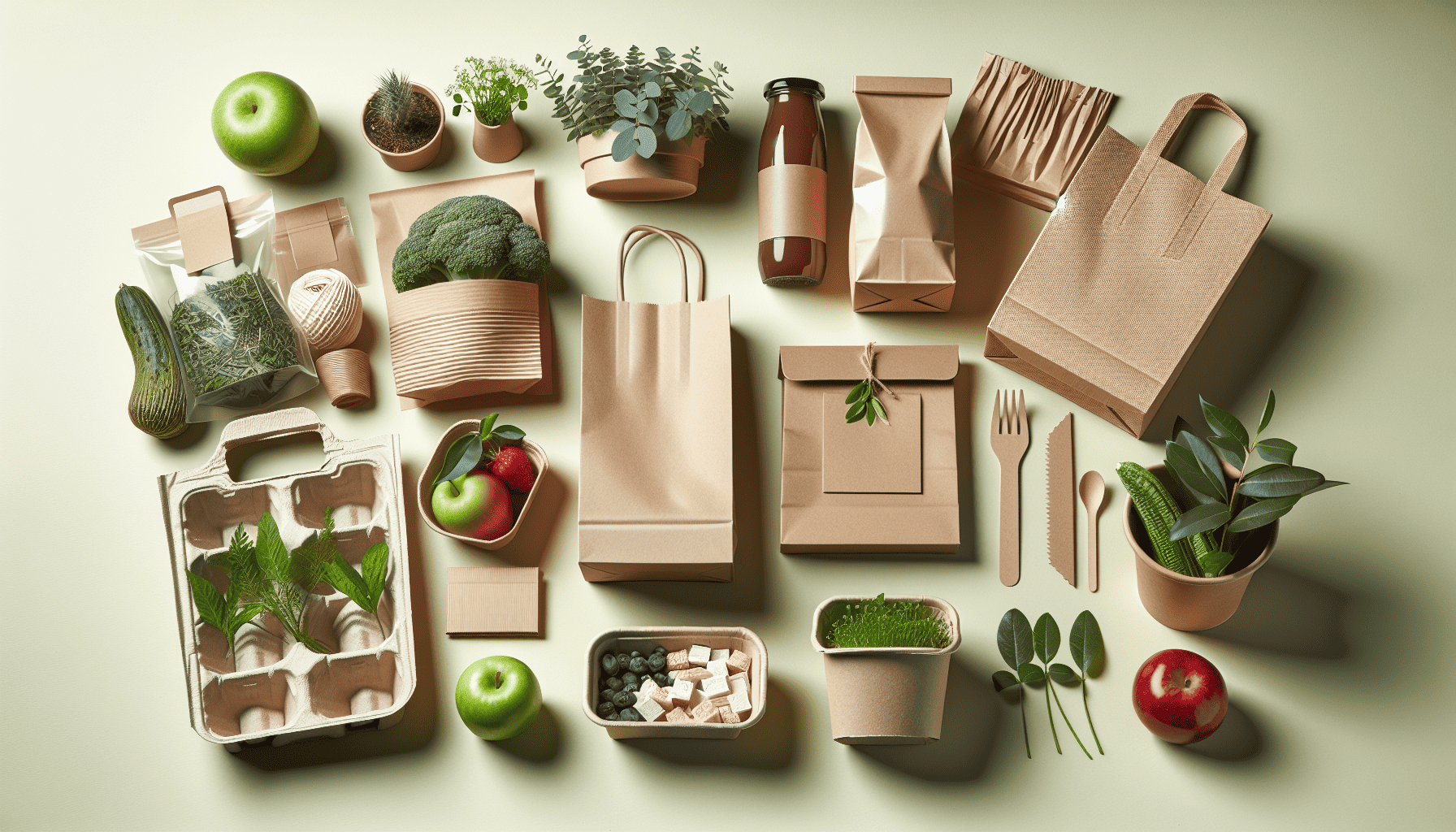In recent years, the environmental impact of traditional packaging has become a significant concern for businesses and consumers alike. The excessive waste generated by non-biodegradable materials contributes to pollution and accelerates the degradation of our planet. Thankfully, a shift towards eco-friendly packaging has emerged as an effective way to reduce waste and promote sustainability.
Sustainable packaging encompasses a variety of materials and practices designed to minimize environmental impact. Biodegradable packaging, in particular, is at the forefront of this movement. These materials are designed to break down naturally over time, returning to the environment without leaving harmful residues. This not only reduces landfill waste but also minimizes the carbon footprint associated with the production and disposal of packaging materials.
One of the primary materials used in eco-friendly packaging is plant-based plastics, often derived from renewable resources like corn starch or sugarcane. These materials can mimic the properties of traditional plastics but degrade more rapidly, often within weeks or months, compared to the centuries it takes for conventional plastics to decompose. By choosing these alternatives, companies can significantly cut down on their plastic waste, promoting a circular economy and reducing dependence on fossil fuels.
Another innovative approach is the use of paper and cardboard sourced from sustainably managed forests. These materials not only biodegrade more quickly but also support sustainable forest management practices. With advancements in technology, paper-based packaging can now offer strength and durability, suitable for protecting a wide array of products, from delicate electronics to bulky household goods.
The transition to eco-friendly packaging also extends to innovative designs and minimalistic approaches. By optimizing packaging design, businesses can use fewer materials, thereby reducing the environmental impact. For example, many companies are adopting minimalist packaging to lower excess material use and decrease shipping weight, which in turn reduces transportation emissions.
The integration of water-based inks and adhesives is another step towards sustainability. Traditional inks and glues often contain volatile organic compounds (VOCs) and other harmful chemicals. By selecting water-based alternatives, companies can minimize toxic emissions and ensure that their packaging is not only environmentally friendly but also safer for consumers and workers in the production process.
Moreover, consumer demand for sustainable practices is on the rise. More people are becoming conscious of the environmental impact of their purchasing habits and are seeking brands that align with their values. Companies that invest in eco-friendly packaging not only contribute positively to the environment but also enhance their brand image and appeal to a growing demographic that prioritizes sustainability.
Transitioning to sustainable packaging requires an initial investment in research, development, and supply chain modification. However, the long-term benefits, both environmentally and economically, make this a worthwhile endeavor. Companies can capitalize on these advantages by marketing their eco-friendly initiatives, thereby differentiating themselves in a competitive marketplace.
In conclusion, eco-friendly packaging represents a pivotal shift in how we approach consumer goods and waste management. By reducing reliance on harmful materials and adopting biodegradable and sustainable alternatives, we can significantly diminish environmental harm. This movement towards sustainability not only benefits the planet but also meets the growing consumer demand for responsible business practices. As more companies embrace these solutions, the collective impact could pave the way for a cleaner, healthier, and more sustainable future.
